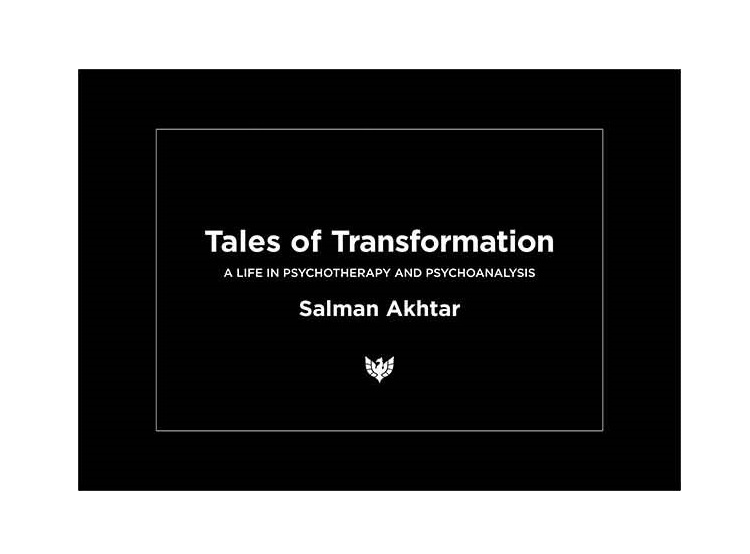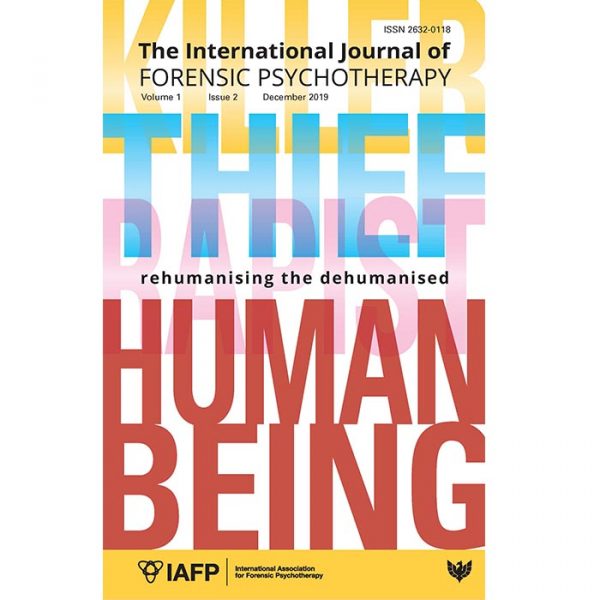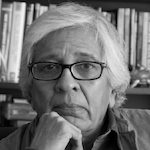PROLOGUE
What is not in this book?
Part I
Finding my way to psychoanalysis
1. Delusion and stage acting
2. A nagging question
3. Papa!
4. A benevolent prediction
5. Otto Fenichel in a navy blue suit
6.How can one predict such things?
7. Streaking in New Jersey
8. A class act
9. Don’t mess with the master
10. Nipples
11. Self-castration and a man called John Buckman
12. The grand permission
13. Refusing to listen
PART II
Lessons I received from my teachers, supervisors, and mentors
14. The renowned analyst who traumatized me
15. Why not Broadway?
16. Rare indeed
17. To pee or not to peeIndian miniatures and Jackson Pollock
18. Indian miniatures and Jackson Pollock
19. What else can a man want?
20. Unlike Jacob Freud
21. Illusionless man
22. Let us give the boy a chance!
23. A true gentleman
24. Ten percent goes a long way!
25. Naughty—1
26.Schizophrenia
27.The Brazilian panic
28. Amazing grace
29. A diligent follow-up
30. From ‘Liquid Steel’ to ‘Deep Throat’
31. A brutal transgression
32. Seven features of a proper apology
33. A missed opportunity
34. The man who laid everything on the line
35. Leonard Horowitz eats baklava
PART III
What my colleagues and peers taught me
36. An act of genuine empathy
37. The mourning pill
38. Eleven hours in Oslo
39. From Stephen Ward to Ivan Ward
40. A gentleman from Virginia introduced me to Charles Darwin
41. On an escalator in Toronto
42. Dominic and Damien
43. Psychoanalysis and Idi Amin
44. My own narrowmindedness
45. Book review—1
46. Hardly arrogant
47. Circumcision—1
48. Bangles
49. Un-associated
50. No, I did not sleep with Mark Moore and Ira Brenner
51. Frank Maleson made me lose a million dollars
52. Ralph Fishkin made me think
53. An editor’s gift
54. Circumcision—2
PART IV
Clinical work turned out to be my ‘royal road’ to learning
55. Long before the Rain Man
56. A son by any other name
57. Silence and stillness
58. The man who shot a pregnant woman
59. Between yes and no
60. Learning to speak from animals
61. Please don’t give me any money
62. A now moment
63. Let us do it this Sunday
64. Naming the female genital
65. First patience, then act of faith
66. The boat never sinks
67. Curtailing the greed for interpretation
68. Milk and cookies
69. Ten most important lessons
PART V
The cultural difference between me and my professional surround became an adjunct instructor of mine
70. Meeting Masud Khan
71. One friendly nudge, one award, and two books
72. Who pays?
73. From Evelyne Schwaber to Rabbi Lord Jonathan Sacks
74. Trans-fixed
75. ‘You are not one of us!’
76. The altruistic core of 9/11
77. A dam across the Ganges
78. ‘What else can you expect from these Muslims?’
79. My African American struggle
80. Culture, narcissism, or sorrow?
81. ‘Humbug!’
82. A good reason to not have sex?
PART VI
Insights that arose from dealing with students, supervisees, and sundry audiences
83. Two flower vases
84. Can water cure cancer?
85. On being called a ‘good man’
86. Tennis as a disguise for psychoanalysis
87. Naughty—2
88. My French connection
89. Can a believer be a psychoanalyst?
90. Who do I belong to?
91. Is really old stuff any good?
92. Seventy-three plus twenty-five
PART VII
Writing, editing, and publishing ‘saved’ me
93. Writing aids
94. Why I write
95. Writing as manic defense
96. Why I edit books
97. On being a midwife
98. A man of few words
99. Book Review—2
100. Writing poetry
101. One final thought
EPILOGUE
A few amazing coincidences
Permissions
Acknowledgments
About the author
The other ninety-nine books by the author
Name index





Peter Fonagy –
Salman Akhtar is a brilliant scholar, a superb integrator of ideas, and one of the most original minds in modern psychoanalysis.
Rosemary Balsam –
Salman Akhtar is one of the most learned but also lyrical and imaginative medical men who ever graced the field of psychoanalysis.
Otto Kernberg –
If, by a magical process, you were able to generate a unique individual with an encyclopedic mind, an indefatigable search for scientific knowledge, a superb scholar and teacher, and a poet able to movingly convey human ecstasies and tragedy, you would have created a replica of Salman Akhtar.
Marilia Aisenstein –
In my very first meeting with Salman Akhtar, whom I had already read, I was amazed by his kind simplicity allied with princely refinement. Salman is a poet, a storyteller and has a rare quality that I would call ‘heartfelt civility.’
Vamık Volkan –
His amiability and enthusiasm, his curiosity and creativity, his eagerness to share and teach make Salman Akhtar an admirable psychoanalyst and a memorable man.
Nick Campion, integrative psychotherapist in Derby, ‘Therapy Today’ September 2022 –
‘I enjoyed hearing about the process of psychotherapy, the delicate balancing act of therapeutic interpretation and the thought processes behind disclosure. […] Overall, this book allows the reader to see one analysts 50 year journey and witnessed the ever changing theoretical landscape of psychoanalysis and psychotherapy’
Professor Brett Kahr, Journal of the American Psychoanalytic Association, 72:2 –
‘Indeed, I can think of no other book I would regard as so warmly written and as so deeply engaging as this one. When I received my copy in the post, I began to immerse myself into the text straightaway […] As most colleagues will appreciate, the well-known and much admired Salman Akhtar writes in rather a unique style. Not only does he convey his tremendous clinical wisdom with clarity and with generosity but, moreover, he communicates in an affable and often witty manner, incorporating both his mental health expertise and, also, his long-standing experience as a poet, who has published in Urdu and in English. In consequence, I find the prose of Salman Akhtar as invigorating as that of Sigmund Freud. […] This gripping memoir, which kept me awake until 4 a.m., remains perhaps the most outstanding of all — a true encapsulation of the mind and heart and soul of a very special person indeed.’